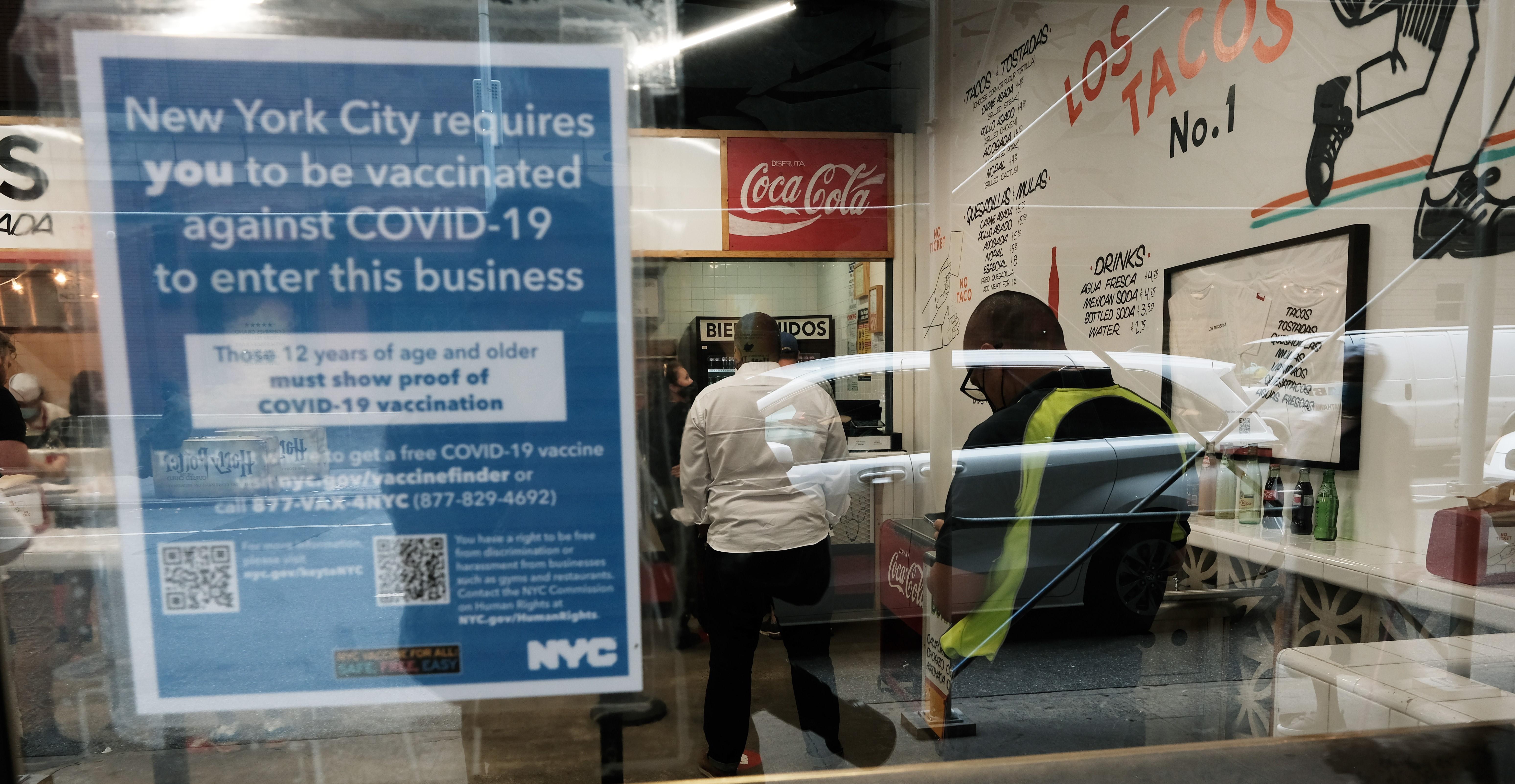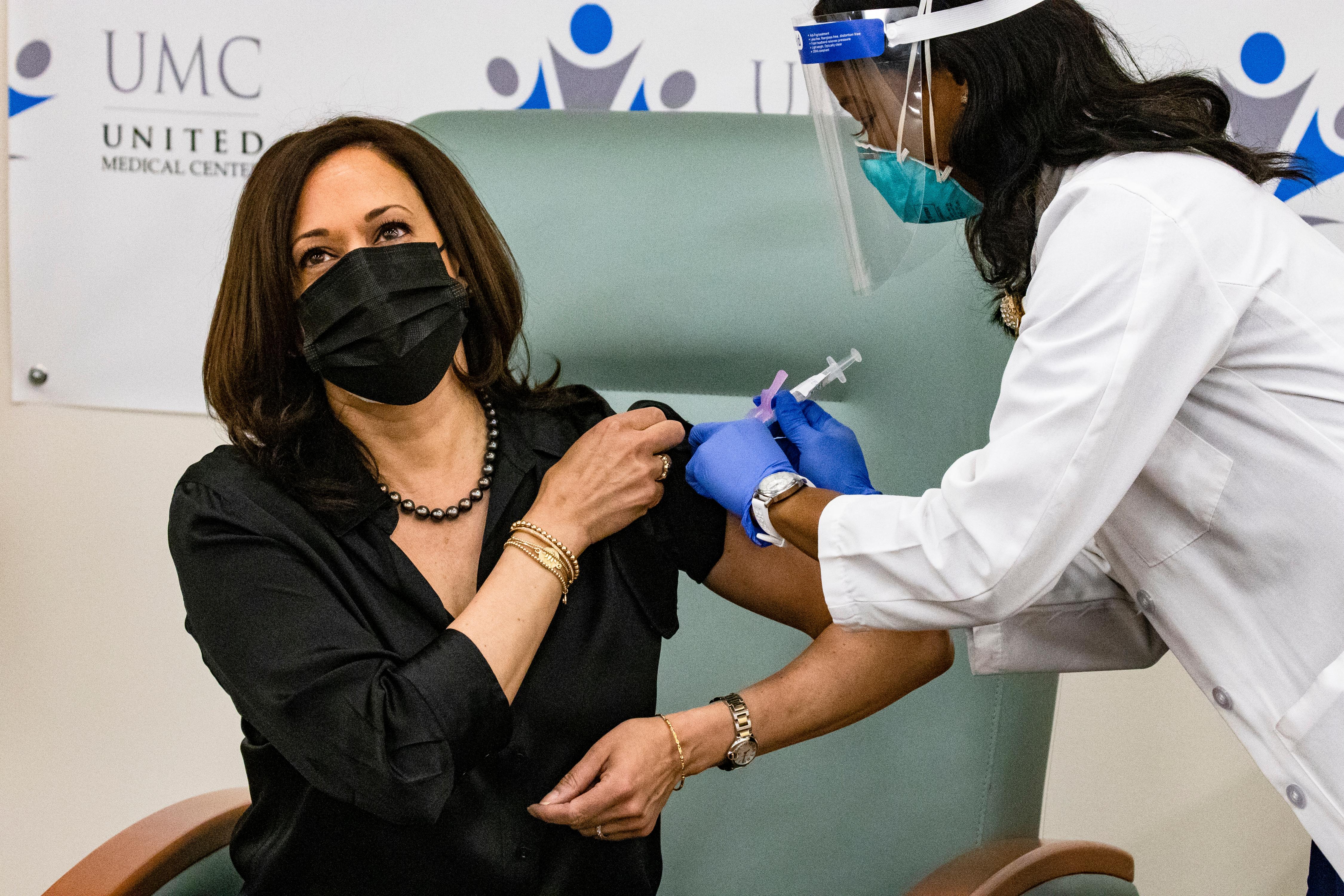What Does Full FDA Approval Mean for Vaccines?
The Pfizer-BioNTech COVID-19 vaccine has been officially granted full FDA approval. How will that change the vaccine landscape?
Aug. 23 2021, Published 11:58 a.m. ET
The U.S. Food & Drug Administration (FDA) has officially granted full approval to a COVID-19 vaccine for the first time. On Aug. 23, the Pfizer-BioNTech vaccine moved from emergency approval to full FDA approval for people 16+ years old.
How does the full FDA approval change the vaccine landscape in the U.S., which has been operating under emergency approval since the first jab?
Pfizer-BioNTech vaccine moves from EUA to full approval
Until now, all COVID-19 vaccines had been operating under emergency use authorization (EUA) from the FDA.
In a press release on Aug. 23, acting FDA commissioner Dr. Janet Woodcock wrote, "While this and other vaccines have met the FDA’s rigorous, scientific standards for emergency use authorization, as the first FDA-approved COVID-19 vaccine, the public can be very confident that this vaccine meets the high standards for safety, effectiveness, and manufacturing quality the FDA requires of an approved product."
How full FDA approval is different from EUA
EUA is granted to companies with vaccines that have followed a clinical trial of at least 40,000 people. The average follow-up time is two months.
If a vaccine company wants to secure full FDA approval like Pfizer-BioNTech, it will need data on six-month follow-ups. This effectively increases the number of pages required for FDA review from tens of thousands to hundreds of thousands.
Expect more vaccine mandates moving forward
With the Pfizer-BioNTech coronavirus vaccine officially FDA-approved, private and public organizations have more ground to mandate the shots.
Whereas many businesses already have vaccine mandates in place, full FDA approval gives these businesses a solid standing in court in case anyone tries to sue them. With legal backing, pro-vaccine business owners will be more inclined to pursue mandates for customers, employees, and other community members.
Some businesses have stated that they would implement vaccine mandates following full FDA approval of at least one vaccine. That includes the University of Minnesota, which declared in early Aug. 2021 that it would require all students to have COVID-19 vaccination once the shots receive full FDA approval.
Will FDA approval tip the scale for vaccine rates?
Vaccine hesitancy is a big blockade in the nation's efforts to stave off Delta variant surges. Dr. Woodcock wrote, "While millions of people have already safely received COVID-19 vaccines, we recognize that for some, the FDA approval of a vaccine may now instill additional confidence to get vaccinated."
A Kaiser Family Foundation study from Jun. 2021 suggested that 30–50 percent of unvaccinated adults in the U.S. would be more likely to get vaccinated following full FDA approval.
However, that data should be taken with a grain of salt. The same study said two-thirds of adults (largely comprising unvaccinated individuals) didn't know if the vaccines were already fully FDA-approved or weren't sure what the difference was between EUA and full FDA approval.
What vaccines are next?
Right now, Pfizer-BioNTech is the only vaccine with full FDA approval in the U.S. Moderna is expected to come into the spotlight for full FDA approval next. The Johnson & Johnson vaccine isn't on the docket yet.


